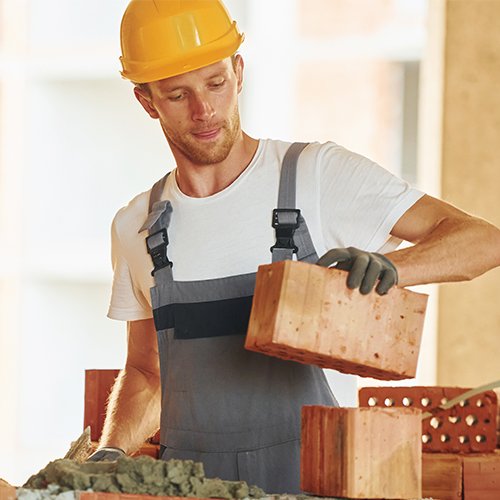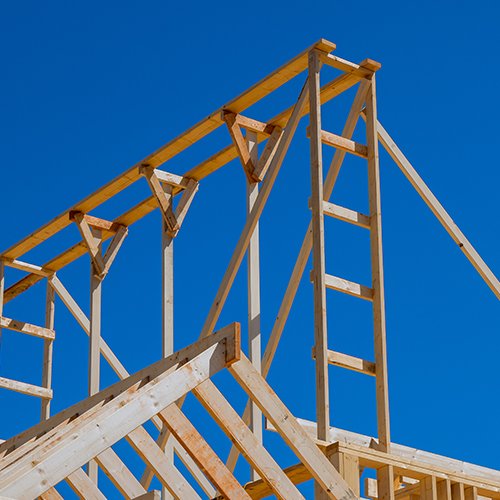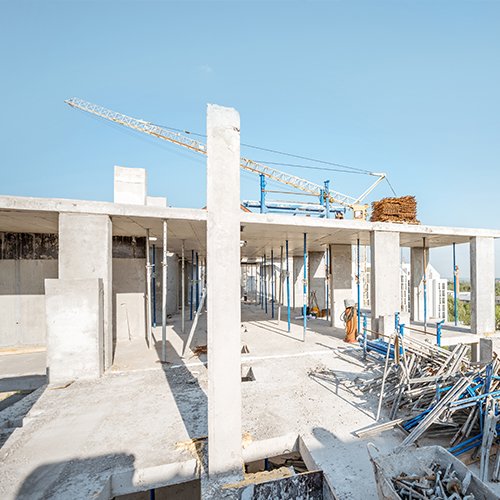- 10 AM - 05 PM
Projects
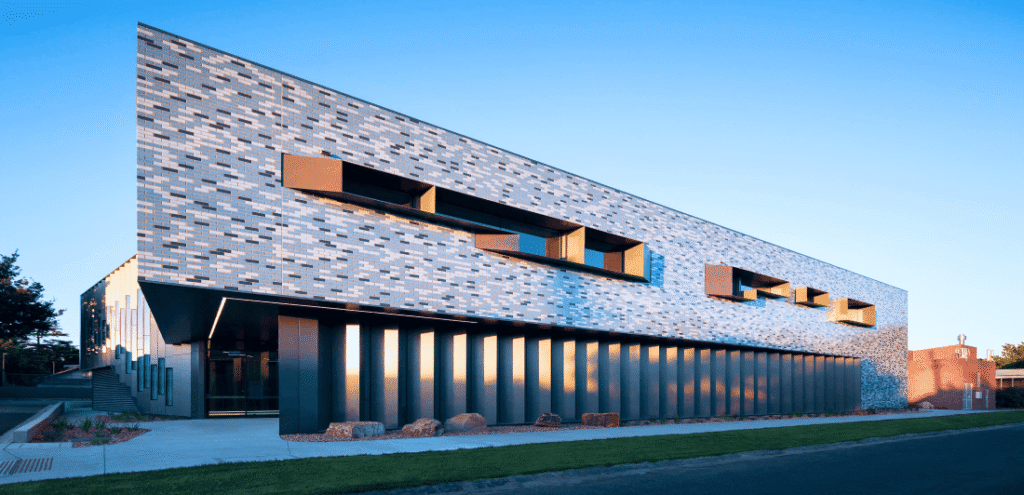
Project owners
Ranging from individual landowners and independent developers to collaborative consortiums—derive significant advantages from our model by assembling diverse coalitions of contributors without excessive dependence on bank financing or external investor capital. By registering your project on our platform, you extend invitations to builders, Execution Partners, procurement partners, Financial Partners, and Channel Partners to engage via barter, thereby establishing a self-sustaining, interdependent ecosystem.
Benefits for Project Owners and Developers
Our barter system equips project owners and developers with the tools to navigate the intricacies of real estate development with heightened agility, reduced overheads, and strategic foresight. The following provides an in-depth analysis of these benefits


Preservation of Capital and Funding Diversification
Developers frequently contend with elevated interest rates on loans or equity dilution from venture capital. Barter enables capital conservation by trading project equity—such as unsold residential or commercial units—for critical inputs like construction services or raw materials, thereby diversifying funding sources and diminishing overall project costs.
Accelerated Acquisition of Resources
Traditional procurement processes for materials and labor can impede timelines due to protracted negotiations and payment cycles. Our barter mechanism streamlines this by delivering real-time matches between your requirements and partners’ offerings, facilitating prompt project commencement and uninterrupted progression.


Shared Risk and Reward Framework
Rather than shouldering all financial and operational risks unilaterally, developers can distribute them among barter participants. For example, a supplier providing materials in exchange for units inherently shares in the project’s potential appreciation, cultivating aligned incentives and fostering joint problem-resolution strategies.
Expanded Market Reach and Brand Enhancement
Bartered projects often incorporate co-branding initiatives, amplifying visibility and market penetration. Developers can leverage partners’ established networks to access new demographics without incremental marketing expenditures, while the innovative barter methodology positions the project as progressive, sustainable, and investor-attractive.

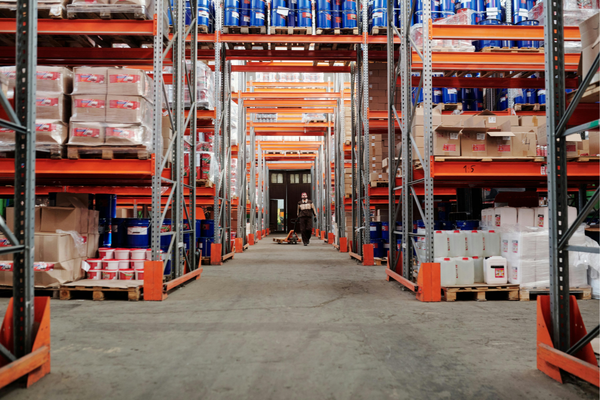
Efficient Inventory Management and Strategic Exit Options
Upon project completion, any unsold units can be further bartered for future services, assets, or partnerships, thereby improving liquidity and asset turnover. This approach also assists in managing excess inventory, transforming potential financial liabilities into leveraged opportunities for subsequent developments.
Positive Environmental and Social Impacts
By promoting the reuse of materials and services, barter encourages environmentally sustainable practices, such as utilizing surplus building supplies to curtail waste and reduce carbon footprints. Socially, it democratizes entry into real estate development, empowering smaller-scale developers to vie effectively against larger conglomerates and promoting broader economic inclusion.
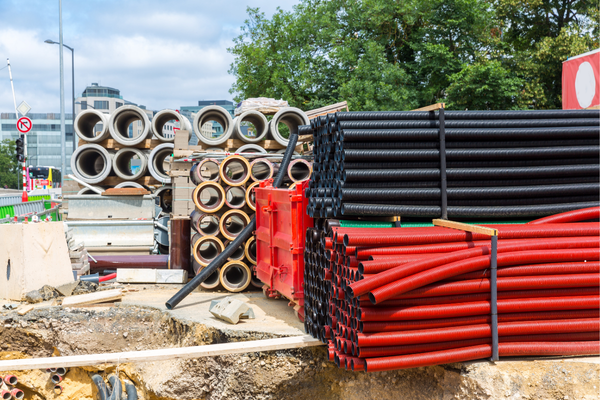
Ready to Build Smarter?
Explore our meticulously curated portfolio of projects, each accompanied by detailed scopes, requisite contributions, anticipated timelines, and potential barter rewards.

